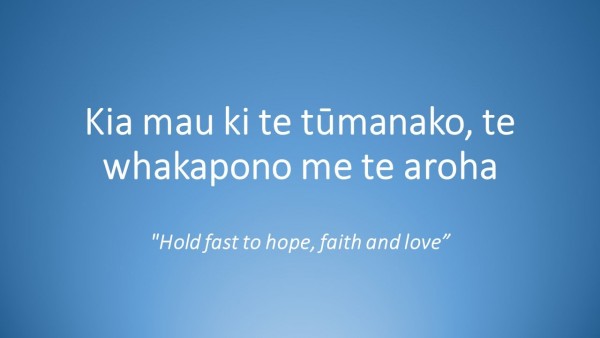We've all been watching, with shock and concern, the ongoing situation in Ukraine- including the impact that it is having on the Ukrainian people and the people of neighboring countries.
We've also heard many reports from New Zealanders whose families have come from the former Eastern Bloc countries- many are struggling to understand and to process the events they are seeing in the news, are scared for their families and face significant challenges within the New Zealand community.
Many of our members wanted to do something positive to support our communities from the former Eastern Bloc and have offered to provide some free psychology sessions, to help you discuss what you are experiencing and to offer advice around how best to manage your wellbeing in this difficult time. You can use this individually or with other members of your family together.
If you would like the opportunity to speak to someone, in confidence, about what you are experiencing, please email us at office@nzccp.co.nz telling us where in New Zealand you are based and how it is best to contact you.
We will send you contact details for a clinical psychologist who has indicated they are willing to help, as well as more information about what help we able to offer. You can also read more about what is available below.

Information about the Sessions with Psychologists.
- The psychologist will meet with you to discuss your needs, either face-to-face or via videocall if there is no psychologist available locally to you.
- Sessions with the psychologist are being offered free of charge by a group of volunteer clinical psychologists.
- The psychologist will respect your confidentiality and will not disclose your information to anyone else, except:
- When you give your permission for them to do so (e.g. referring on to someone else)
- If the psychologist believes that you, or somebody else, are in imminent danger of harm.
- The psychologist may also discuss your situation with their supervisor, to ensure they are providing you the best possible care.
- As the psychologists are not paid for their time, we can only guarantee that the initial consultation will be free.
- These sessions are intended to help you cope with, and process, events relating to the crisis in Ukraine and their neighboring countries.
- If you feel you need support with other issues, or more long-term support, the psychologist will help direct you to other free and paid supports in your area.
- We are currently not able to offer sessions in languages other than English. If you are not able to communicate well in English, please consider bringing a family member or friend who can translate for you.
- Psychologists aren't usually able to offer urgent or after-hours assistance. You can get confidential mental health support and advice, 24-hours a day by phoning or texting 1737. This phone line is a separate service and is not connected to the support available from the psychologist.
- If it's an emergency, where you or a family member are in immediate physical danger, call 111 immediately or visit your local hospital Emergency Department.
The following resources may also be helpful to know about:
- The Centre for the Study of Traumatic Stress has developed some useful resources, which are translated into Ukrainian, Polish and Russian. These are good resources but are largely focused on the needs of (recent) refugees from those areas, rather than those will families living in those countries.
- There are some free, translated tools on understanding reactions to trauma and PTSD available from PsychologyTools.com. They are available in Ukrainian, Polish and Russian.
- There are also some useful resources from the National Child Traumatic Stress Network, particularly including on how to talk to children about war.
- The Mental Health Foundation provides a list of helplines with specific sources of support within New Zealand.
